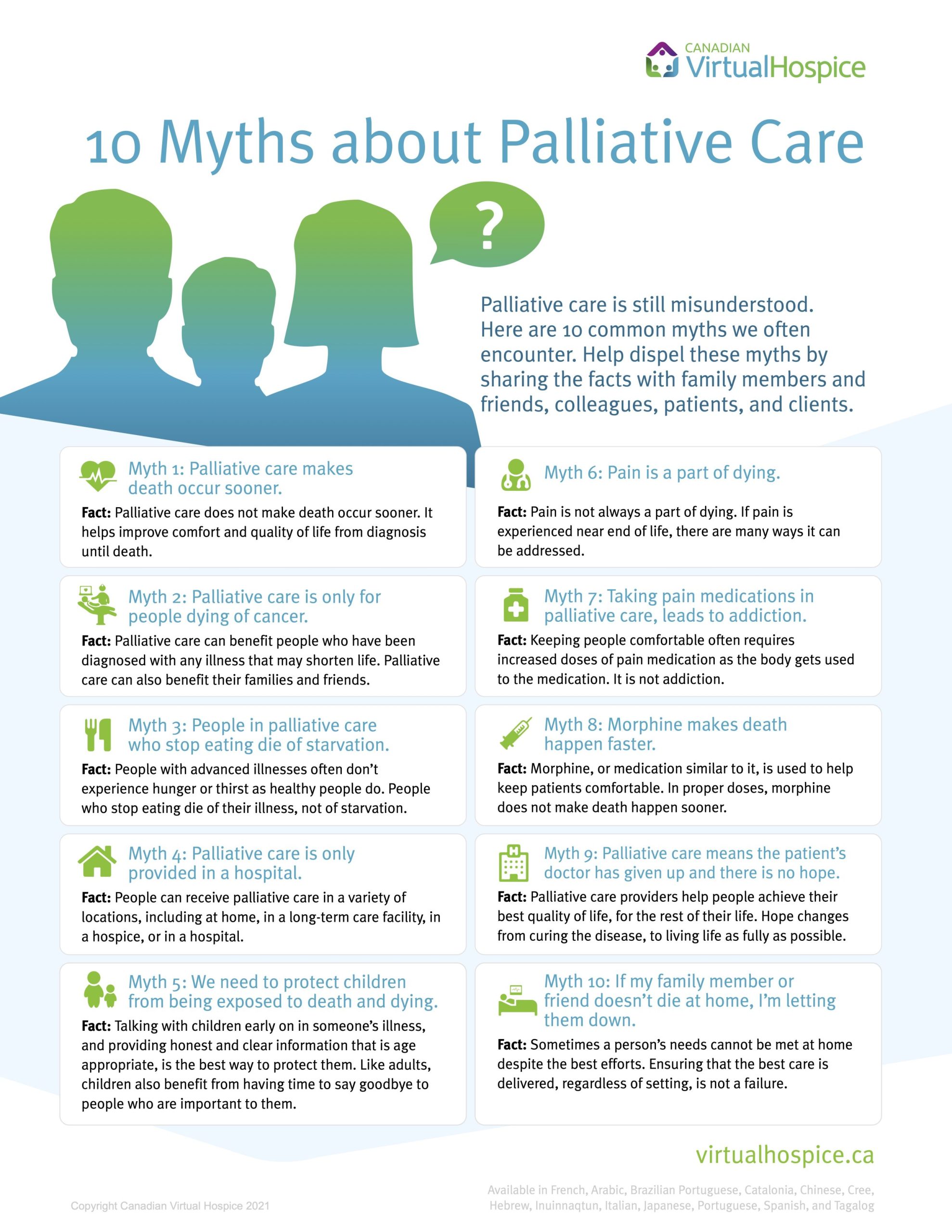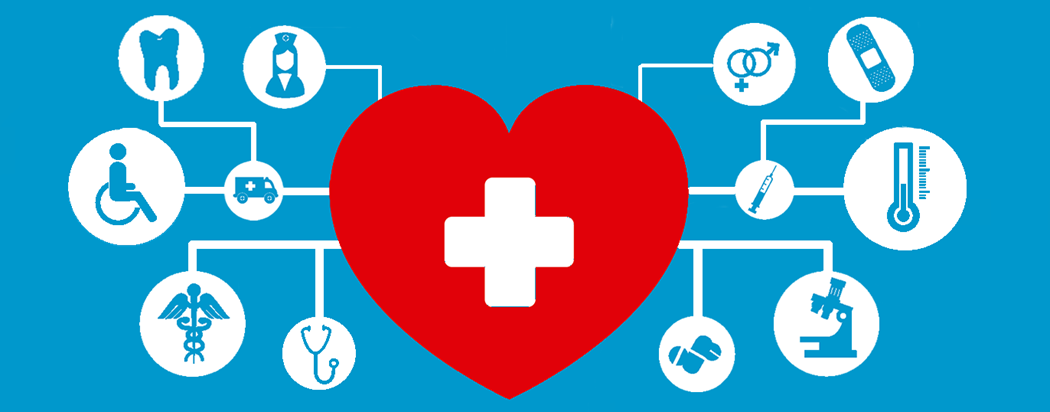
You can access a team of professionals in your home with home health services. Their services include skilled nursing, certified intravenous nurses, physical therapy, occupational therapy, speech therapy, nutritional counseling, and certified home health aides. They evaluate and train their staff members regularly, and many participate in continuing education programs.
Tulsa's home health aides are $22 an hour
Tulsa is home-health aides are available for as little as $22 per hour. This is consistent with national averages. A monthly home care plan costs about $4,862 on average. This price does not include skilled nursing or medical services.
Tulsa has many agencies for home health care. These agencies may cover multiple counties. You can find home health agencies on the internet and in telephone directories. Home health aides are typically cheaper than a health aide. They can help you with daily activities and personal care.

There are many factors that influence the cost of home care. These factors include where you live, how many home health providers are available, as well as the time it takes to travel. There are less home health aides certified in rural areas, which means that the overall cost is higher.
Non-medical home care vs Medicare-certified home health
There are two main types of home health care in Tusca, Alabama: non-medical home care and Medicare-certified home health care. Both types are meant to help seniors live independently while providing assistance. They can differ in many ways, including the service they offer and the price.
Non-medical home care is typically provided by family members of the elderly. Caregivers are focused on building a relationship with clients. Unlike licensed medical professionals, who tend to have short-term interactions with patients, caregivers can provide long-term support.
Patients can be assisted with their daily activities, including bathing, dressing and housekeeping. This type of care is not covered by Medicare because it does not involve medical skills. However, a licensed, certified home health agency will typically employ a range of medical professionals, including doctors, registered nurses, and licensed practical nurses. They also offer home nursing care, including occupational therapy, speech language pathology, and physical therapy.

In-home medical care: Cost
In-home medical care costs can vary depending upon the agency and the services rendered. Many agencies charge by the hour, while others work on a contract basis. Medicare covers some in-home care services for people who are homebound or need skilled assistance.
FAQ
What should we know about health insurance
Keep track of all your policies if you have health insurance. Make sure that you understand the plan and ask questions when you have doubts. Ask your provider to clarify it or call customer service.
When you use your insurance, remember to use the deductible on your plan. Your deductible refers to the amount you pay before your insurance starts covering the rest.
What can we do to improve the health care system?
We can improve health care by ensuring that everyone is provided high-quality medical care, no matter where they are located or what their insurance status.
So that children don't get preventable diseases, like rubella, measles and mumps (MMR), we need to ensure that they all receive the required vaccinations.
We must work to reduce the cost of healthcare while making sure that it is accessible to all.
What does it mean to "health promote"?
Health promotion is about helping people to live longer and remain healthy. It is more about preventing illness than treating it.
It includes activities such as:
-
eating right
-
getting enough sleep
-
exercising regularly
-
Staying active is key to staying fit
-
It is important to not smoke
-
managing stress
-
Keep up with vaccinations
-
Alcohol abuse prevention
-
Regular screenings and checkups
-
Learning how to manage chronic diseases.
What are the different health care services?
The most important thing for patients to know is that they have access to quality healthcare at any time. No matter whether you require an urgent appointment or routine check-ups, we are available to help.
We offer many types and types of appointments. For those who live outside of our clinic, we also offer home care visits. If you feel uncomfortable coming to our office, we will make sure you receive prompt treatment at your nearest hospital.
Our team includes nurses, doctors, pharmacists, dentists, and other professionals dedicated to providing excellent patient service. We want to make your visit as comfortable and painless possible.
What is the value of the health care system
The country's health care system is a vital part of its economy. It helps people live longer, healthier lives. It also creates job opportunities for doctors, nurses, or other medical professionals.
No matter what income level, health care systems ensure that everyone has access to quality healthcare services.
Understanding how the healthcare system works is crucial if you want to pursue a career in medicine, nursing, or any other medical profession.
Statistics
- The health share of the Gross domestic product (GDP) is expected to continue its upward trend, reaching 19.9 percent of GDP by 2025. (en.wikipedia.org)
- For the most part, that's true—over 80 percent of patients are over the age of 65. (rasmussen.edu)
- The healthcare sector is one of the largest and most complex in the U.S. economy, accounting for 18% of gross domestic product (GDP) in 2020.1 (investopedia.com)
- About 14 percent of Americans have chronic kidney disease. (rasmussen.edu)
- For instance, Chinese hospital charges tend toward 50% for drugs, another major percentage for equipment, and a small percentage for healthcare professional fees. (en.wikipedia.org)
External Links
How To
What are the 4 Health Systems
Healthcare is a complex network that includes hospitals, clinics and pharmaceutical companies as well as insurance providers, government agencies, public officials and other organizations.
This infographic was created to help people understand the US healthcare system.
These are the key points
-
Healthcare spending is $2 trillion annually, representing 17% of the GDP. This is nearly twice the amount of the entire defense spending budget.
-
Medical inflation reached 6.6% last year, higher than any other consumer category.
-
On average, Americans spend 9% of their income on health costs.
-
As of 2014 there were more than 300,000,000 Americans who weren't insured.
-
The Affordable Care Act (ACA) has been signed into law, but it isn't been fully implemented yet. There are still significant gaps in coverage.
-
A majority believe that the ACA must be improved.
-
The US spends more money on healthcare than any other country in the world.
-
Affordable healthcare for all Americans would reduce the cost of healthcare by $2.8 trillion per year.
-
Medicare, Medicaid and private insurers pay 56% of healthcare expenses.
-
The top 3 reasons why people don't get insured include not being able to afford it ($25 billion), not having enough time to look for insurance ($16.4 billion), and not knowing about it ($14.7 billion).
-
HMO (health care maintenance organization) is one type of plan. PPO (preferred provider organizational) is another.
-
Private insurance covers all services, including doctor, dentist, prescriptions, physical therapy, and many others.
-
Public programs provide hospitalization, inpatient surgery, nursing home care, long-term health care, and preventive services.
-
Medicare is a federal program providing senior citizens health coverage. It covers hospital stays, skilled nursing facility stays and home visits.
-
Medicaid is a state-federal joint program that provides financial help to low-income persons and families who make too many to qualify for any other benefits.